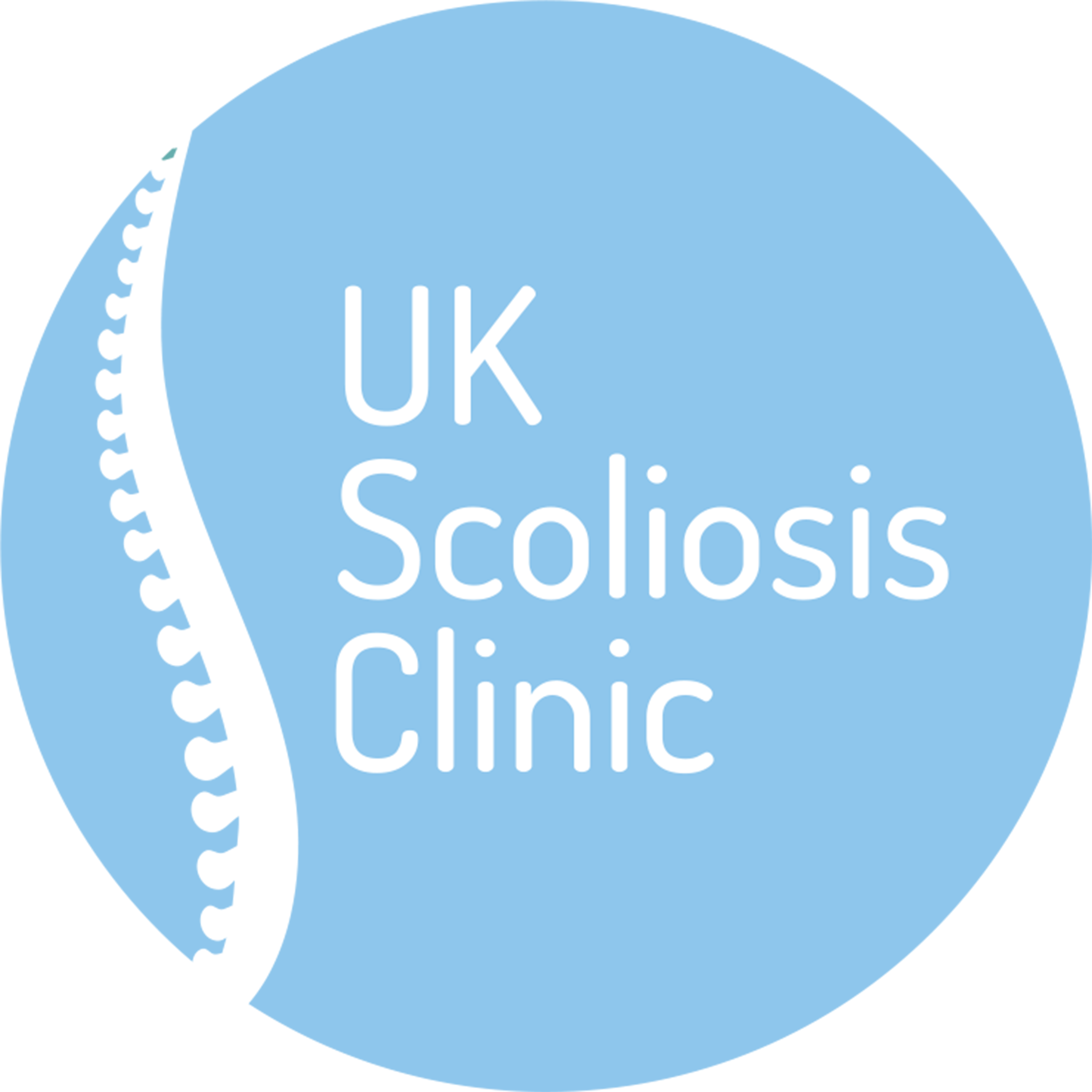
Today there are a wide variety of non-surgical treatment options for scoliosis, and indeed there are a growing range of options within the surgical remit. As society as a whole becomes more aware of scoliosis, many professionals are entering the field and offering their own views about how their specialisms may be able to contribute to treatment programs.
While it is always important to be cautious of new ideas when dealing with scoliosis (after all, a mishandled case often ends in surgery) it’s certainly the case that many “alternative” or “complementary” treatments can have some positive impact for scoliosis sufferers. To take just one example, massage therapy – a discipline not traditionally associated with scoliosis treatment – is now embraced by many scoliosis practitioners, not as a primary treatment, but as an effective (and enjoyable) method to improve some functional issues. Massage is of course also beneficial for improving overall health factors such as sleep patterns.[1]
Clearly, there are many specialisms which can provide a useful piece of the puzzle as far as providing a holistic scoliosis treatment program, this is not especially surprising in terms of a well established and professionally practised disciplines such as massage. Where more scepticism is required, is in cases in which treatments with no prior connection to scoliosis, or to musculoskeletal conditions is concerned
In this vein, recently, several “scoliosis diets” have appeared, along with the suggestion that diet may somehow contribute to scoliosis, or even cure the condition. Let’s unpack this claim and explore its possible consequences.
Diets and scoliosis
At the outset, it is important to stress that there is no current evidence which suggests that following a specific diet can do anything to improve an existing scoliosis case. Nor is there any substantial precedent for the idea that nutritional variations can “cure” or “treat” an existing musculoskeletal issue. In short, “scoliosis diets” do not work for those who already have the condition.
Having said this, the question of a link between scoliosis and nutrition is an interesting one – and an area in which further research may prove fruitful. As it stands, studies in this area are currently limited but there is some evidence that many idiopathic scoliosis patients also have lower selenium levels than normal.[2] Other research has suggested a similar pattern in some animal populations, so any relationship between selenium levels and scoliosis would, therefore, be of interest from a preventative point of view – but still not a factor which would be likely to offer any practical form of treatment for those with the condition today.
For the benefit of context, it is also worth keeping in mind that the majority of research into the causes of scoliosis is currently focused on the role of genetics, which is where the bulk of the field currently believe the answer will be found. This does not mean that environmental factors such as diet could not also be contributors, but it seems fair to suggest that they are not likely to be the central factor.
Thinking more broadly, it is the case that osteoporosis may be a factor in worsening scoliotic curves (especially in older individuals) – and there are dietary modifications which can be made to help avoid osteoporosis. Vitamin D, in particular, is an important nutrient that helps prevent osteoporosis and inaccuracy for the absorption of calcium. Sources of vitamin D include cereal, saltwater fish and eggs. Similarly, Calcium is critical for building bone mass. In the long term, regular calcium consumption during childhood helps prevent osteoporosis during late adulthood, which may then slow the development of scoliosis. Examples of calcium sources include yoghurt, cheeses and milk – Broccoli and orange juice also contain calcium. Including these foods in your diet and indeed, in the diet of younger children may have some long term benefits – however, it would be disingenuous to suggest that what is, in truth, simply good nutritional advice, constitutes a specific “scoliosis diet”.
Summary : can diet cause or treat scoliosis?
At this time there is no specific evidence to support the use of any specialised diet as a treatment methodology for scoliosis, and SOSORT does not recommend the use of diet as a treatment approach.[3] It is true that osteoporosis can, later in life, contribute to the worsening of scoliosis so taking steps to avoid this may be beneficial – although this is certainly the case regardless of scoliosis risk!
While some research does suggest a link between scoliosis and some deficiencies (and this is an area of interest in terms of causality) it is unlikely that any change in diet will act as an effective treatment for scoliosis.
[1] M Hamm, Impact of massage therapy in the treatment of linked pathologies: scoliosis, costovertebral dysfunction, and thoracic outlet syndrome. Journal of Bodywork & Movement Therapies (J BODYWORK MOVEMENT THER), Jan2006; 10(1): 12-20.
[2] Yalaki, Zahide et al. Investigation of Serum Levels of Selenium, Zinc, and Copper in Adolescents with Idiopathic Scoliosis Dicle Medical Journal / Dicle Tip Dergisi. 2017, Vol. 44 Issue 1, p35-41. 7p.
[3] Stefano Negrini et al. 2011 SOSORT guidelines: Orthopaedic and Rehabilitation treatment of idiopathic scoliosis during growth Scoliosis 2012 7:3


